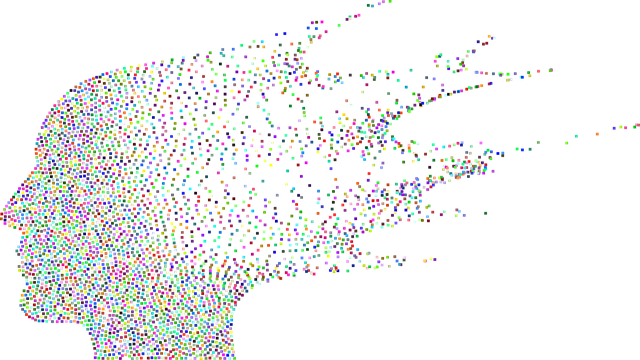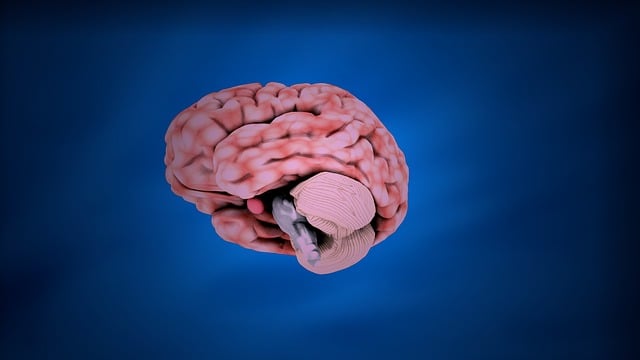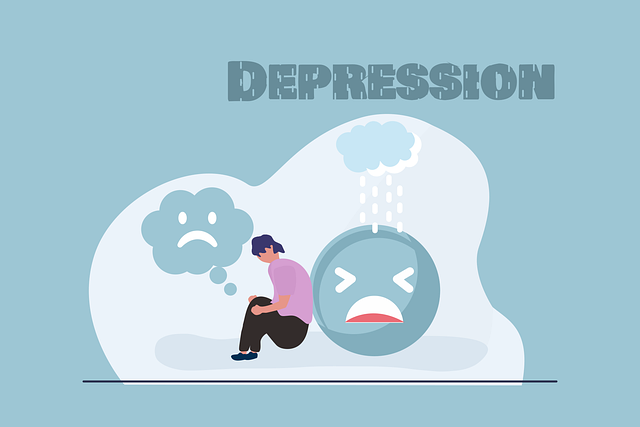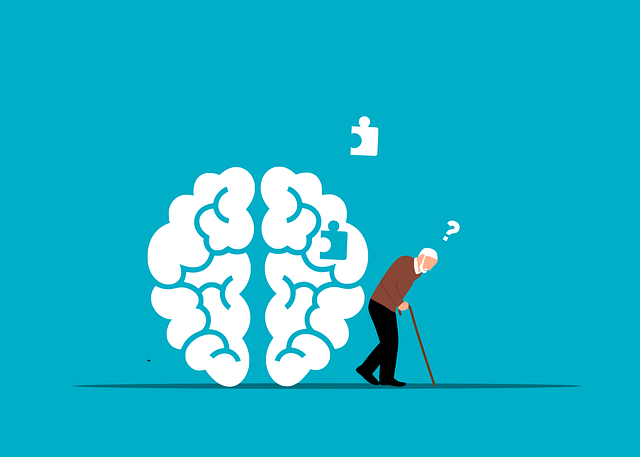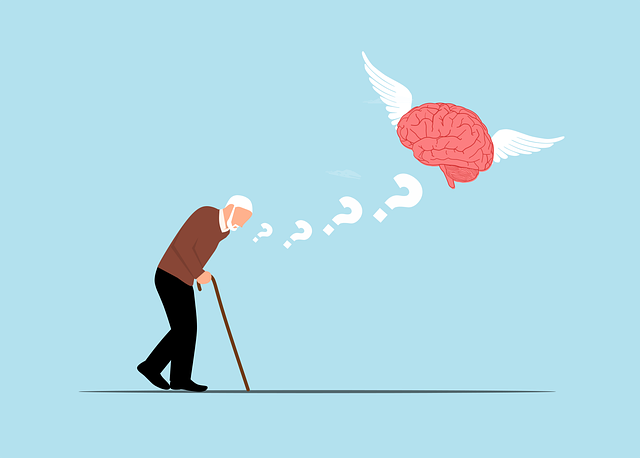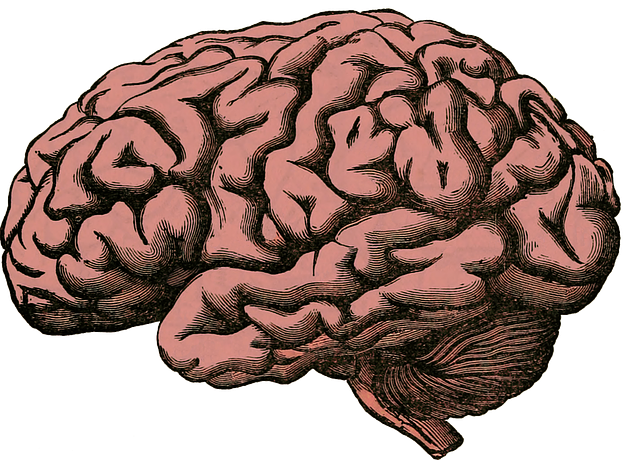Emotion regulation techniques are crucial for adolescent teens with learning disabilities like dyslexia or ADHD, helping them manage stress, improve social interactions, and build resilience. Tailored therapy using evidence-based practices like mindfulness and cognitive reframing empowers these young individuals to develop emotional intelligence, navigate challenges effectively, and foster a positive self-image. Structured programs integrating emotional intelligence into daily life, with support from schools, parents, and peers, create a holistic approach promoting emotional well-being and success in all areas of their lives.
Emotion regulation techniques are instrumental in supporting adolescent teens with learning disabilities. This article explores the profound impact of teaching emotional management skills, delving into effective strategies tailored for therapeutic settings and emphasizing their practical applications. We discuss how these techniques, when integrated into support systems, foster continuous growth and resilience among teens navigating learning challenges. By understanding the unique needs of this population, therapists can facilitate significant improvements in emotional well-being and academic performance.
- Understanding Emotion Regulation and Its Impact on Teens with Learning Disabilities
- Teaching Effective Strategies for Emotional Management in Adolescent Therapy
- Practical Applications and Support Systems for Continuous Growth
Understanding Emotion Regulation and Its Impact on Teens with Learning Disabilities

Emotion regulation is a crucial skill for teens, especially those with learning disabilities. It involves understanding and managing one’s emotional responses to navigate daily challenges effectively. For adolescents with learning disabilities, such as dyslexia or ADHD, emotions can sometimes feel overwhelming due to their unique cognitive processing differences. These individuals may struggle to interpret social cues, express themselves verbally, or regulate their impulses, leading to heightened stress levels and anxiety.
Teaching emotion regulation techniques in therapy for adolescent teens with learning disabilities offers a powerful tool for enhancing mental health awareness and coping skills development. By learning stress reduction methods tailored to their needs, these teens can gain better control over their emotions, improve their ability to make sense of social interactions, and build resilience in the face of academic or personal challenges. This proactive approach supports their overall well-being and fosters a more positive self-image.
Teaching Effective Strategies for Emotional Management in Adolescent Therapy

Teaching effective emotion regulation techniques is a cornerstone of adolescent therapy, particularly tailored to teens with learning disabilities. This approach empowers young individuals to navigate their emotional landscapes more skillfully. Through structured lessons and experiential exercises, therapists guide adolescents in recognizing and understanding their feelings, thereby fostering self-awareness—a crucial component of emotional intelligence.
By employing strategies such as mindfulness, cognitive reframing, and emotion-focused breathing, therapy sessions create a safe space for teens to explore and manage intense emotions. These evidence-based practices not only enhance emotional healing processes but also boost confidence in coping with life’s challenges. Moreover, therapists conducting risk assessments for mental health professionals ensure the intervention is tailored to each adolescent’s unique needs, thereby promoting effective emotional management in a supportive environment.
Practical Applications and Support Systems for Continuous Growth

The practical applications of emotion regulation techniques extend far beyond the therapy room, especially when tailored for adolescent teens with learning disabilities. Through structured programs designed to integrate emotional intelligence into daily life, such as mental health education initiatives, young individuals gain valuable skills for managing their emotions and navigating challenges. These programs can foster a sense of agency, enabling teens to recognize and respond appropriately to their feelings, thereby enhancing their overall well-being.
Support systems play a pivotal role in continuous growth. Schools, parents, and peers can all contribute to creating an environment conducive to emotional learning. By incorporating mental health education into school curricula, promoting open dialogues about emotions, and offering peer support networks, we can ensure that adolescent teens with learning disabilities receive holistic support. This collaborative approach not only prevents burnout but also empowers individuals to become active participants in their emotional well-being, setting them up for success in all aspects of life.
Emotion regulation techniques play a pivotal role in supporting adolescent teens with learning disabilities, offering them valuable tools to navigate their emotional landscape. By integrating these strategies into therapy sessions, professionals can foster self-awareness and resilience. This approach not only enhances emotional management but also promotes overall well-being, empowering teens to thrive despite challenges. Through practical applications and supportive systems, continuous growth becomes achievable, ultimately improving the quality of life for those navigating learning disabilities in adolescence.

